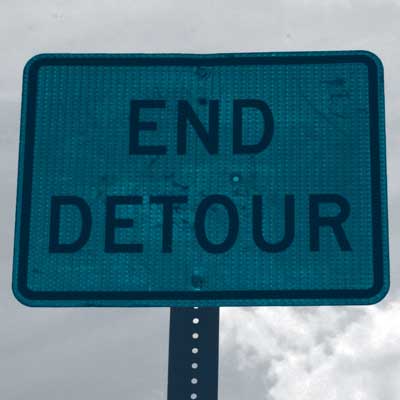3. Utilize What Was Working Before You Relapsed
After you have told the truth about your relapse and admitted to yourself that you need help, think about what was working for you in your recovery. Were you going to 12-step meetings or support groups on a daily basis? If so, you might want to consider going back to meetings daily. Were you working with a therapist who was helping you uncover past traumas and recognize healthy coping mechanisms? If this was helping you, it’s likely a good idea to return to therapy. There are other recovery tools such as good nutrition, exercise, prayer, meditation, service, self-reflection and awareness that you might have utilized. Whatever it was that you felt was helping you most, re-integrate those tools back into your routine. It’s important to recognize what was helping you move forward and also what was holding you back. Often times, if we get out of our recovery routine, we can fall back into negative behaviors and thought patterns that lead to relapse.



